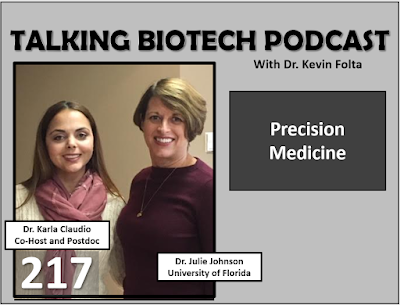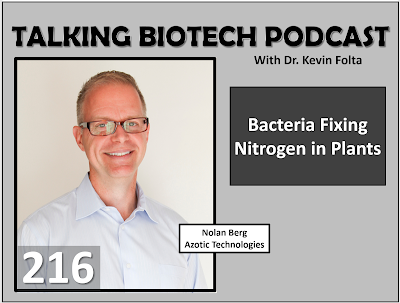Goop-ing Up Medical Media

The Goop brand is synonymous with horrible health advice, packing bogus treatments and misinformation as credible medical intervention. Now the originator of the brand, Gwenyth Paltrow (self-described as knowing nothing about science) has a new streaming video series coming on Netflix, permitting a pipeline of misinformation to penetrate even more deeply. Netflix gives its grand stage to Paltrow, providing a larger audience to mislead and even harm. Paltrow and her brand have loosely targeted women's health issues offering a series of claims, advice and products that have been highly criticized by legitimate physicians like Jen Gunter. Like Gwenyth's hinterparts the Goop brand has only picked up steam. What's the harm? Paltrow's celebrity status affords her immediate cache as an expert in everything. The scientific evidence clearly shows that celebrity advice influences vaccination rates, cancer screening and cancer trea...




